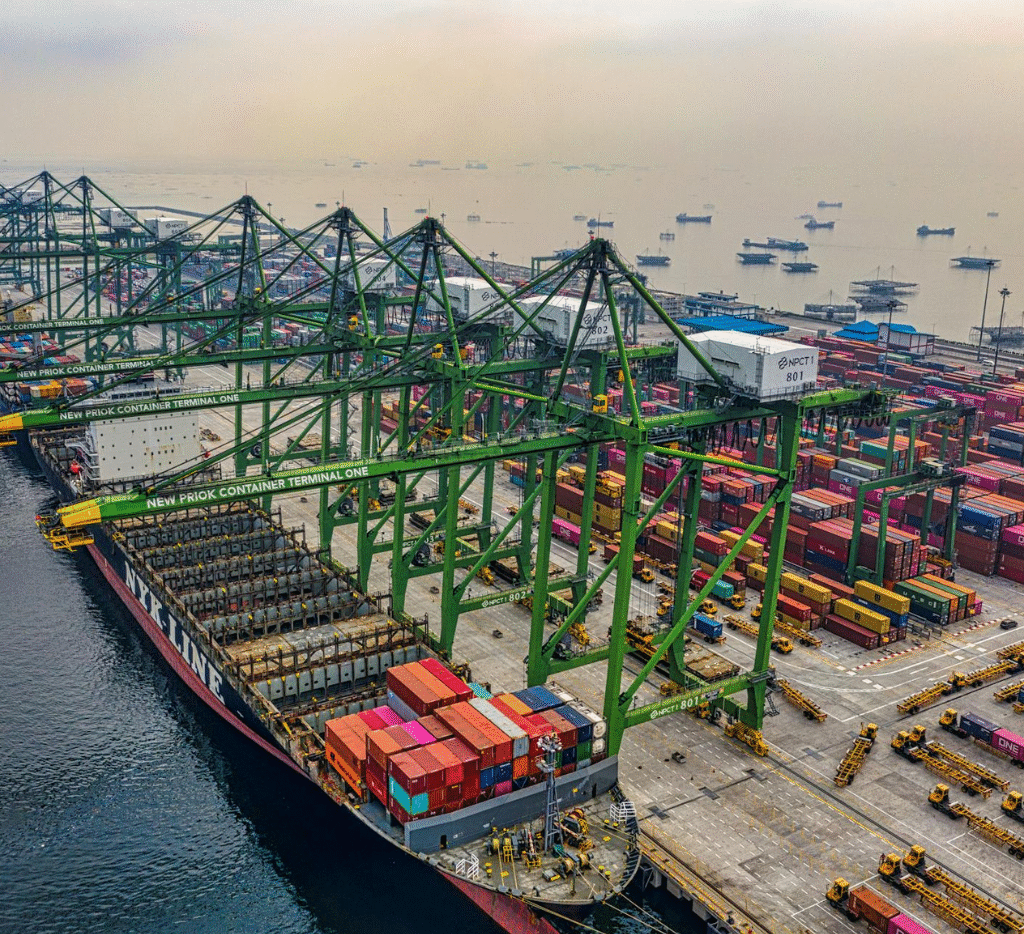Amber Talk
Enhance Your Conversation
Amber Talk
Enhance Your Conversation

International Trade Relations
Breaking News
Listen
Scroll Down For Speaking Practice. Click ‘Practice Speaking Now’ to start.
Read
In the global economy, trade relations are constantly evolving. Recently, there have been significant discussions around new tariffs and their potential economic impact worldwide. Major players like the United States are engaged in complex negotiations with countries such as Canada, Mexico, and India, aiming to reshape existing global trade deals.
Tariffs are essentially taxes imposed on imports or exports. Governments sometimes use tariffs as a tool of protectionism, hoping to make foreign goods more expensive and encourage consumers to buy locally produced items. However, this can lead to higher prices for consumers (a form of inflation) and retaliatory tariffs from other countries, creating trade disputes.
The ripple effects of these trade discussions can be felt across global supply chains. When tariffs are introduced or trade agreements change, it can disrupt the flow of goods, increase production costs, and ultimately impact businesses and consumers around the world. For example, a tariff on a specific component might make a final product more expensive, or even delay its availability.
Maintaining stable and fair international trade is crucial for global economic growth and prosperity. Countries are continually seeking a balance between protecting their own industries and participating in a free and open global market. The outcomes of these ongoing trade talks will significantly shape the future of international commerce and impact economies worldwide in the coming years.
Let's Talk About It!
- 1. How do you think trade between countries helps or hurts people?
- 2. Have you ever noticed changes in prices due to international trade issues?
- 3. What products does your country import a lot of? What does it export?
- 4. Do you think governments should protect local businesses with tariffs?
- 5. How do trade agreements affect ordinary citizens?
- 6. What are the benefits of free trade? What are the drawbacks?
- 7. How important is it for countries to have good trade relations?
- 8. What happens when global supply chains are disrupted?
- 9. Do you think international trade should be fair, or just focused on profit?
- 10. How can consumers influence trade policies through their choices?
Article Vocabulary Instructions
Click to Enlarge
